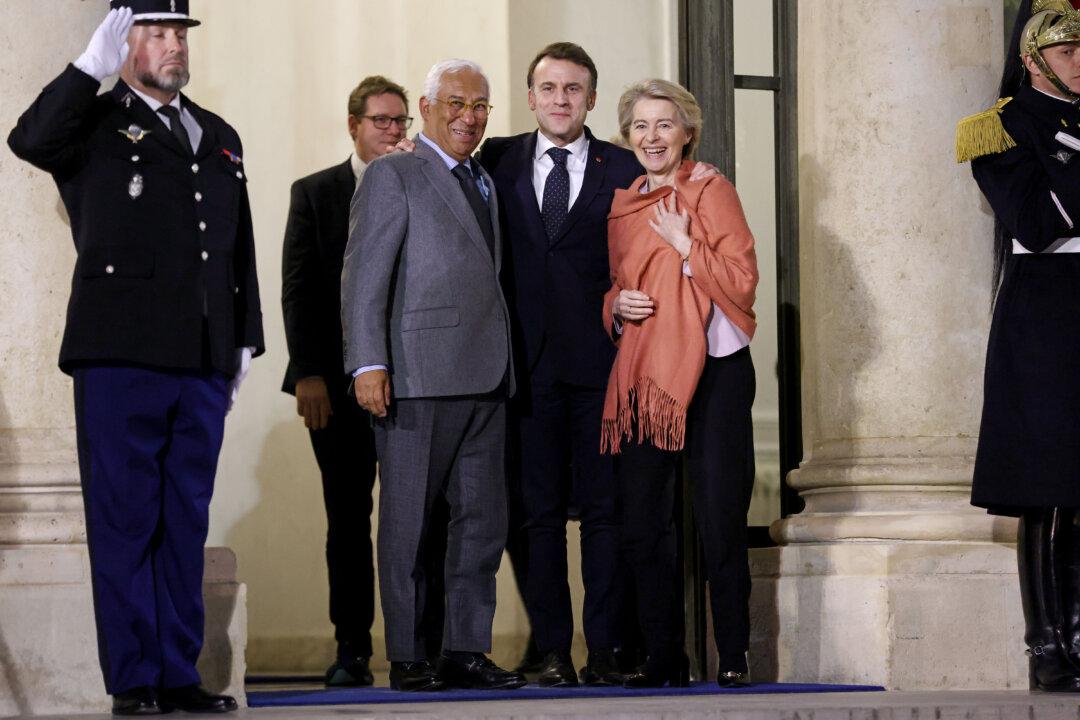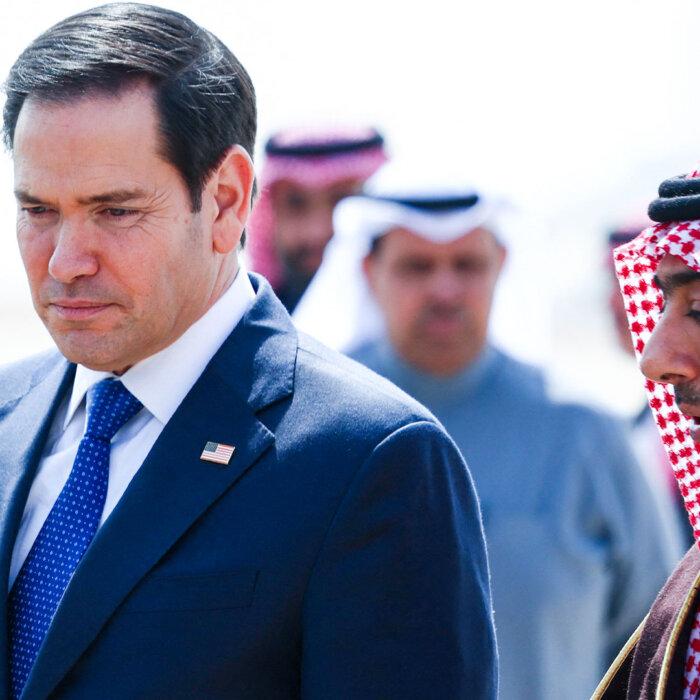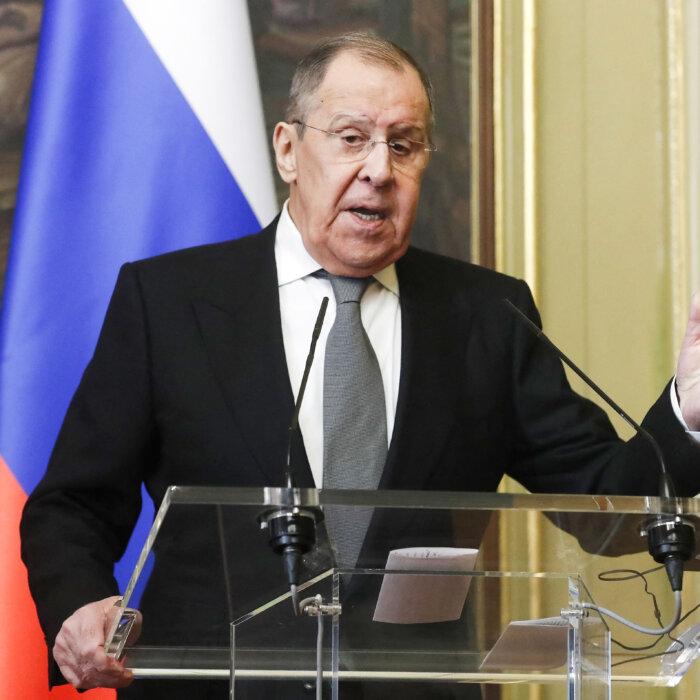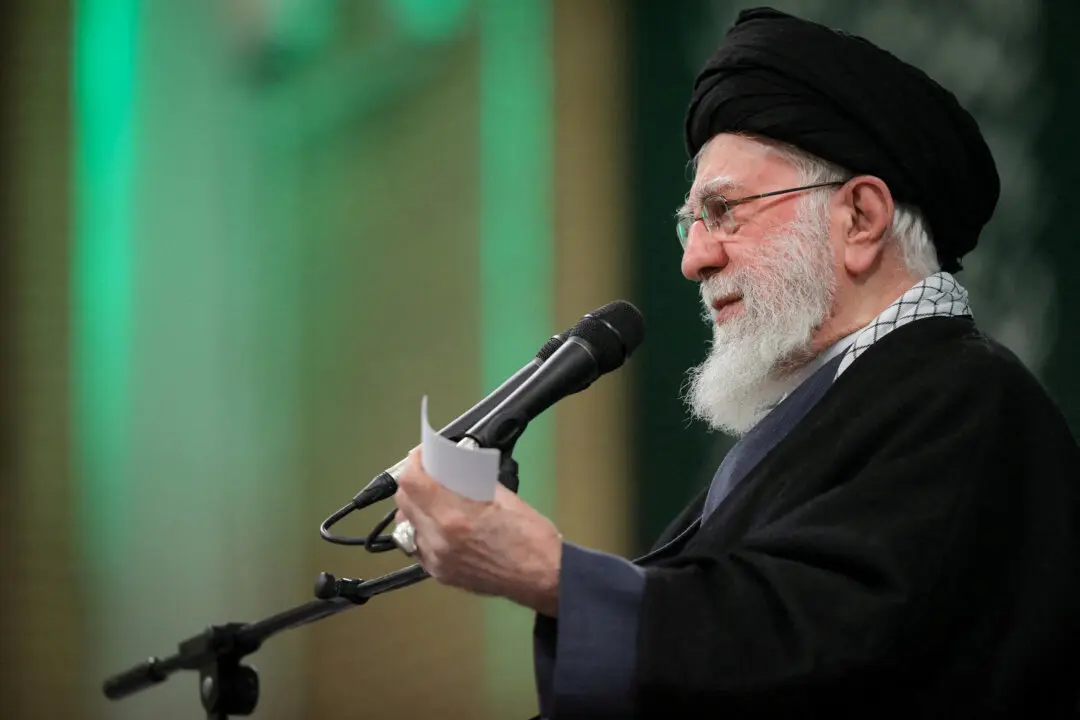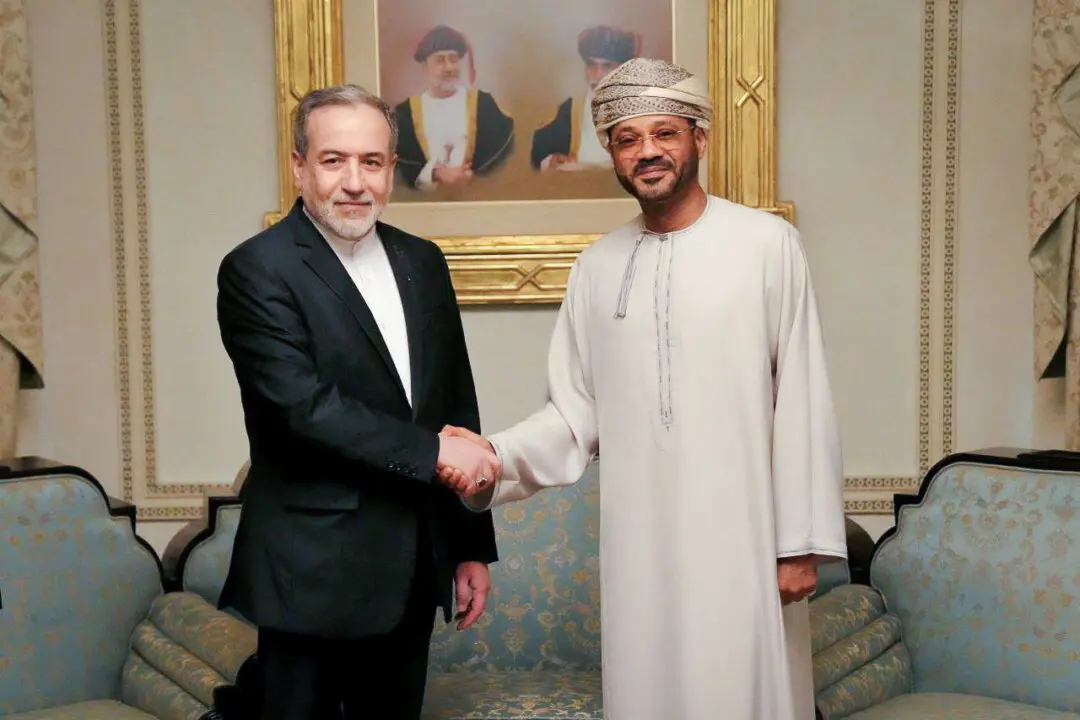Europe’s leaders have said they remain committed to Ukraine ahead of U.S.–Russia talks beginning in Saudi Arabia.
Macron said he spoke to Trump on the phone and then Ukrainian President Volodymyr Zelenskyy in the wake of the meeting.
“To achieve this, Russia must end its aggression, and this must be accompanied by strong and credible security guarantees for the Ukrainians.
“We will work on this together with all Europeans, Americans, and Ukrainians.”
“Any other decision without such guarantees—such as a fragile ceasefire—would only serve as another deception by Russia and a prelude to a new Russian war against Ukraine or other European nations. ”
Tuesday saw European Commission President Ursula von der Leyen meet with Lt. Gen. Keith Kellogg, the U.S. special envoy for Ukraine and Russia, in Brussels.
However, the Paris meeting apparently did not lead to any concrete agreements, with Dutch Prime Minister Dick Schoof saying Europe needs to “come to a common conclusion” about what it can contribute.
“And that way, we will eventually get a seat at the table,” Schoof said, adding that “just sitting at the table without contributing is pointless.”
Most bullish among the assembled leaders was British Prime Minister Sir Keir Starmer, who, ahead of the Paris confab, said he would be prepared to put British troops on the ground in Ukraine if necessary.
He also said that American support remained essential to the project.
“There must be a U.S. backstop, because a U.S. security guarantee is the only way to effectively deter Russia from attacking Ukraine again,” he said.
Starmer said he will travel to Washington next week to discuss with Trump “what we see as the key elements of a lasting peace.”
“Russia is threatening all of Europe now, unfortunately,” she told reporters.
By contrast, German Chancellor Olaf Scholz and Polish Prime Minister Donald Tusk both appeared reluctant to put any of their own nations’ forces into Ukraine.
Scholz stated that there could not be a peace agreement without Ukraine’s consent but added that talk of a German peacekeeping mission in Ukraine was “highly inappropriate” without a peace deal in hand.
Tusk said that his country currently had no plans to send Polish troops to Ukraine as part of any peace arrangement.
Both however, argued for stringent EU fiscal rules to be loosened to allow for more spending on defense without countries falling foul of the bloc’s deficit rules.
The Arab state’s Crown Prince Mohammed bin Salman met on Monday with U.S. Secretary of State Marco Rubio in Riyadh as well as U.S. national security adviser Mike Waltz and Middle East envoy Steve Witkoff, all part of the U.S. negotiating team.
From Moscow, Russian Foreign Minister Sergei Lavrov and Kremlin foreign policy adviser Yuri Ushakov were due to take part, the Kremlin said.
The Kremlin said on Tuesday that Putin was serious about negotiating an end to the war in Ukraine and that Russia would prefer to achieve its aims via peaceful measures.
Peskov said there was not yet a date for a meeting between Putin and Trump, though the Riyadh talks might make the timing of that meeting more clear.
When asked whether Putin was willing specifically to negotiate with Zelenskyy, Peskov said the Russian president had repeatedly said that he was.
